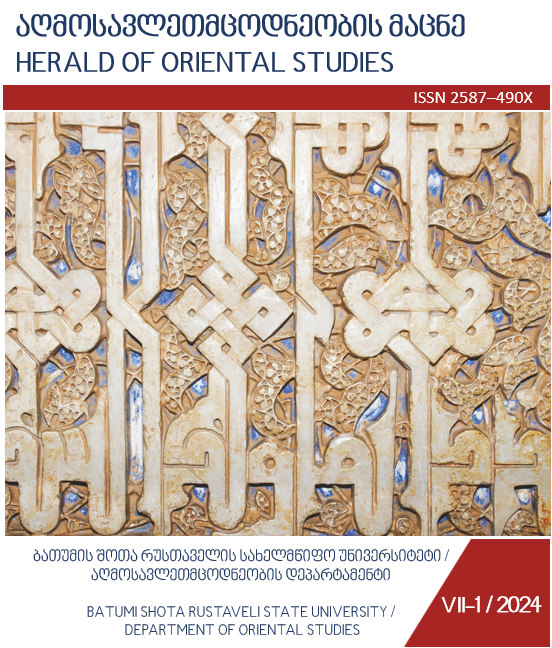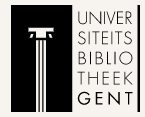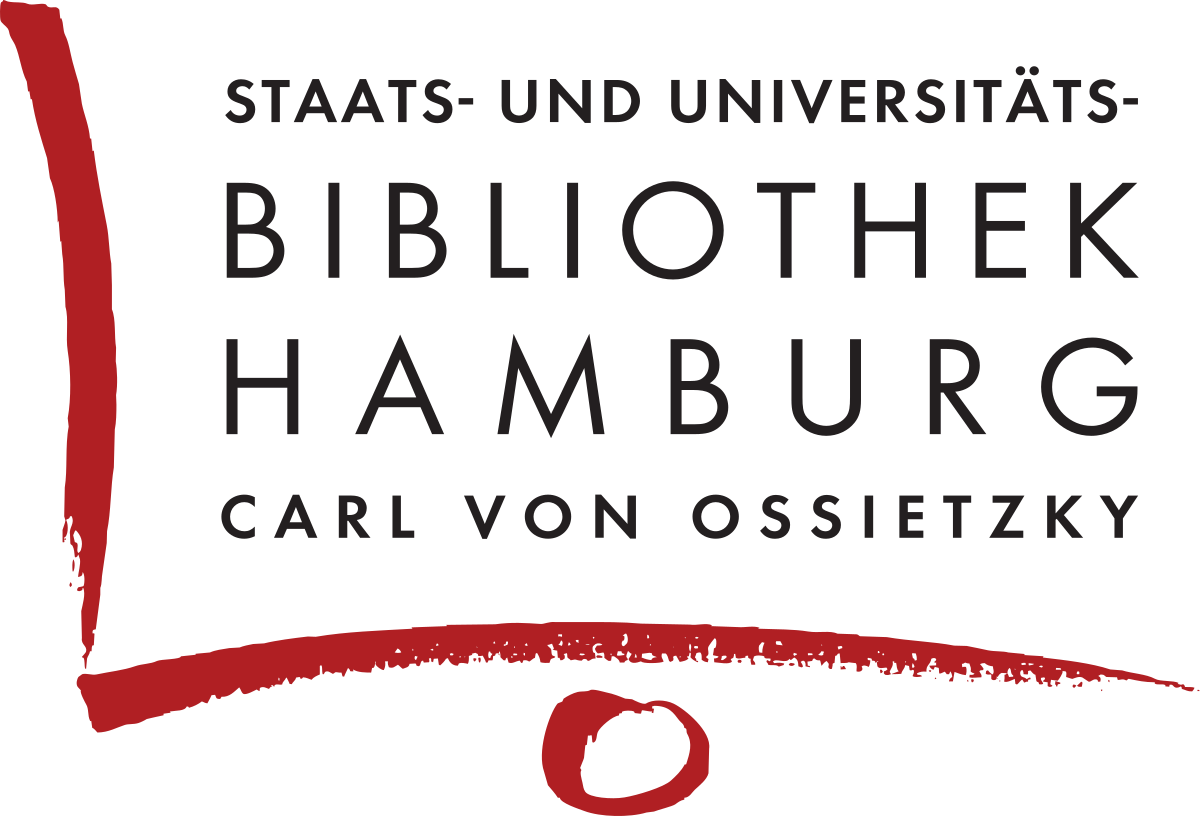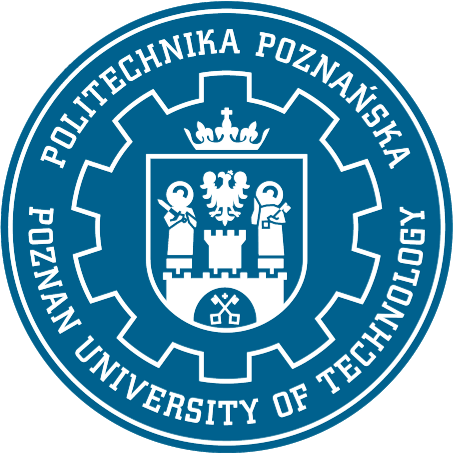Guidelines For The Deportation Of „Turkish–Meskhetians“ And Various Related Issues
DOI:
https://doi.org/10.61671/hos.7.2024.7799Keywords:
Turkish–Meskhetian, deportation, repatriation of Meskhetians, same-religion Russia, Armenian/Russian Intellig¬ence, desire for revengeAbstract
This paper discusses the so-called plans to prepare the conditions for the deportation of the ‘Turkish–Meskhetians’ (aka Ahiska Turks), which are the measures taken by Russia via its colonial policy (both imperial and Soviet) to turn the majority of the population of Meskheti into Mankurts, and turn them into the haters of Georgia and Georgians, and the worst enemies of the Georgian state.
It briefly describes the situation of the population of the mentioned region during the period of the Ottoman domination, and then the situation created there during the establishment of Russia in the Caucasus and Georgia in particular. Russia’s victory in the Russo-Ottoman War of 1828–1829, resulted in the most lamentable situation – special measures taken to weaken the Georgian element in the Caucasus. Russia, which arrived posing as a ‘protector’, threw the Georgians into such a dire state that it prompted numerous rebellions. This situation did not change, even during the Soviet period. On the contrary, Georgians became even more depleted and was completely subordinated by the ambitious goals of the Soviet state in the region, the result of which was the deportation of the Georgian Muslim population. The role of the Armenians in this situation and the attempt to appropriate the areas almost empty of Georgians from them are exposed.
It is mentioned that due to the efforts of the famous Russian human rights and law defender, Nobel Prize laureate, academician Andrei Sakharov, who was misled, the Meskhetians were baptised as Turks and the term ‘Turkish–Meskhetian’ was established for them. What followed was the proper response of Merab Kostava, the Georgian human rights defender, and the national hero of Georgia, explaining the true history and Georgian origin, and Andrei Sakharov admitting his mistake.
In the same article, the important opinions expressed by Merab Kostava on Andrei Sakharov’s book, ‘On the Country and the World’, are given on various prominent issues, which have relevance to the current state of the world.



































